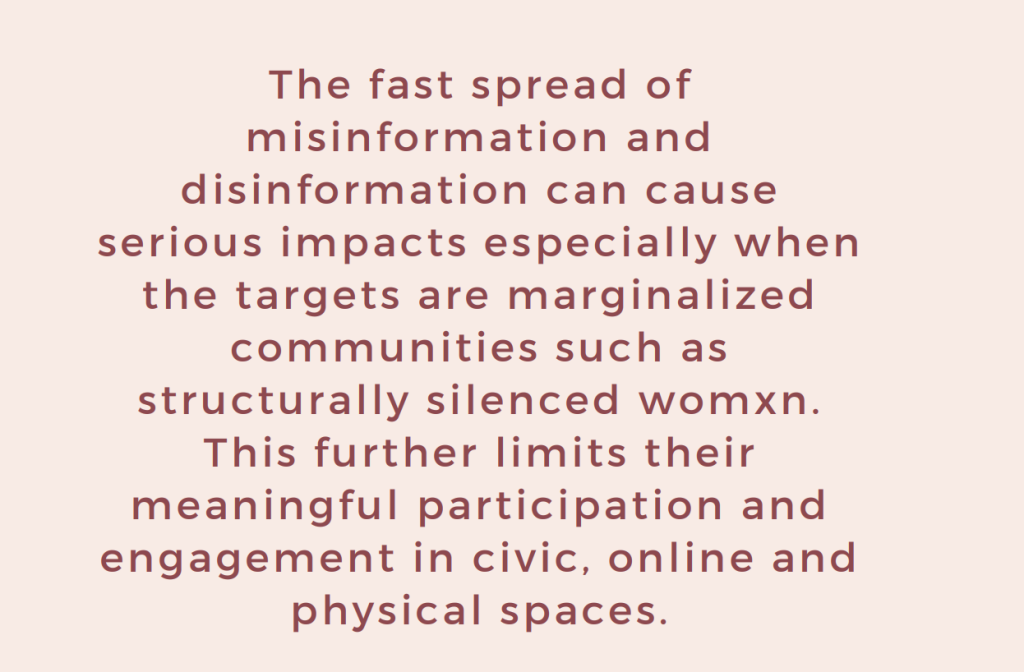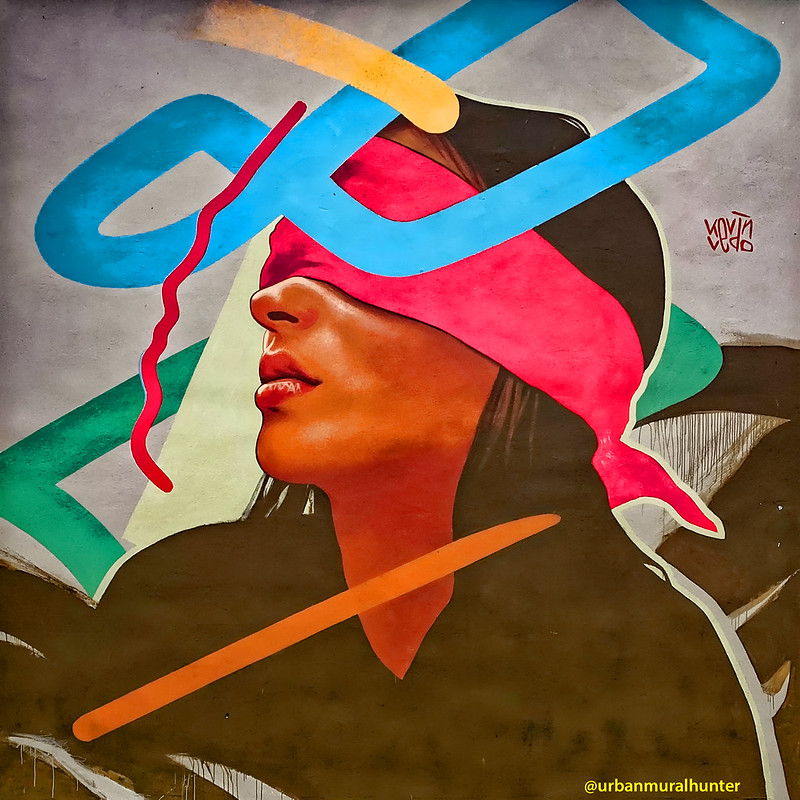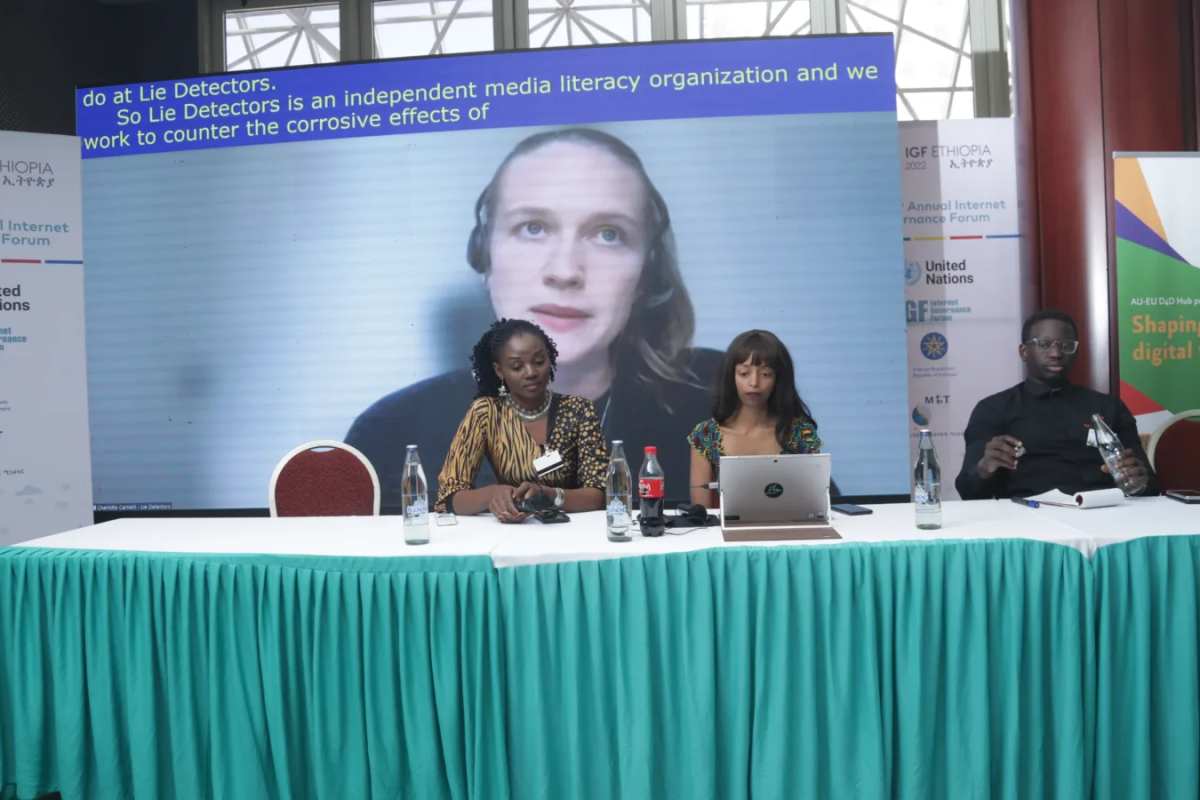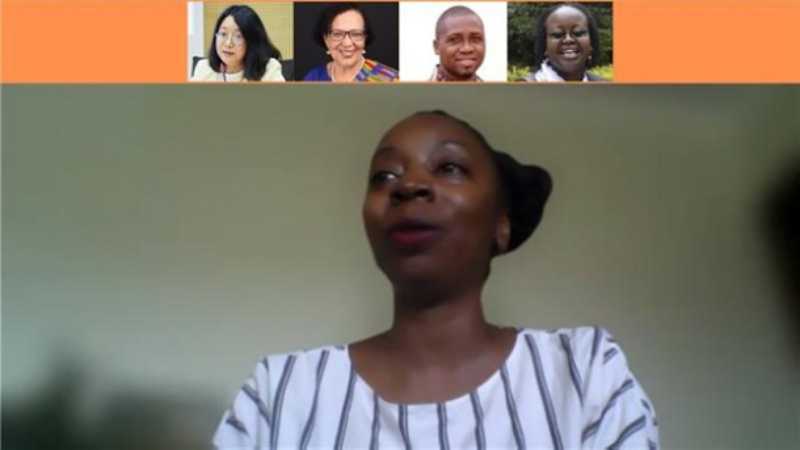By Loyce Kyogabirwe |
Across Africa, a gender-inclusive digital society remains largely elusive. Beyond the challenges related to the gender digital divide and online gender-based violence, the growth in form and prevalence of online disinformation in Africa is also taking on a gendered lens. Pushback against gendered disinformation is thus critical to combating online harms against women and attaining gender equity.
In Uganda, there has been a notable upward trend in gendered disinformation, with attacks targeted at organisations working on sexual and reproductive rights. This, against a backdrop of offline attacks such as the August 2022 suspension of the operations of Sexual Minorities Uganda (SMUG) on allegations that the organisation had failed to register with the National Bureau for Non-Governmental Organisations.
During the second half of 2022, the activist group Her Internet implemented a project to create awareness and understanding of gendered disinformation including its effects and perpetrators in Uganda. With a focus on sexual minorities and sex workers, the project supported by the Africa Digital Rights Fund (ADRF) also worked to build alliances and networks as support systems for mitigation of impact and countering false narratives.
HER Internet convened an interactive dialogue in Uganda’s capital Kampala to share real life experiences as well as strategies on how to avert the negative effects of gendered disinformation. Targeting 20 individuals from communities of structurally marginalised women, the dialogue also covered aspects of fact-checking and safety online.

Extract from HerInternet handbook on understanding gendered disinformation
The dialogue called for non-discriminatory enforcement of current cyber laws and the need for diverse narratives to eliminate biased reporting, amongst other measures. In addition to the dialogue, Her Internet also conducted a campaign on its social media platforms on the key concepts of gendered disinformation, its manifestations and counter strategies. The project also compiled and disseminated a handbook on understanding gendered disinformation as a go-to guide for communities to understand and further engage beyond the campaign and dialogues.
According to a 2020 report by UN Women, women with multiple identities, such as sexual and ethnic minorities, are often targeted online through discrimination and hate speech, which often forces them to self-censor and withdraw from debates and online discussions. Similarly, the UN Special Rapporteur on violence against women, its causes and consequences, has stated that some groups of women, including women belonging to ethnic minorities, indigenous women, lesbian, bisexual and transgender women, and women with disabilities are particularly targeted by technology-facilitated violence.
Research by the Collaboration on International ICT Policy for East and Southern Africa (CIPESA) has found that cyberstalking, online sexual harassment, blackmail through non-consensual sharing of personal information, promotes and normalises violence against women and girls who use the internet in Uganda. Her Internet’s project builds on ADRF’s gender and sexual inclusivity portfolio. The ADRF has previously supported digital literacy and safety programmes for sexual minority refugees from the Democratic Republic of Congo, Eritrea, South Sudan and Sudan, living in Uganda.




